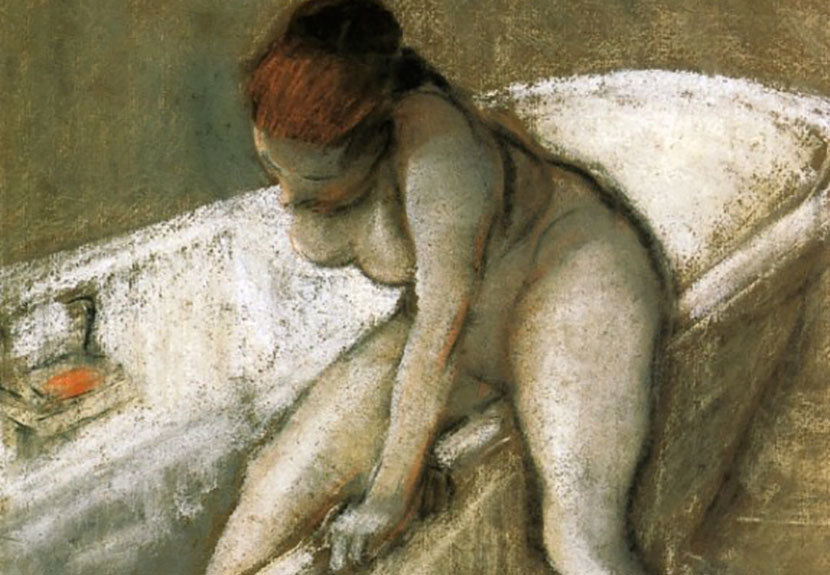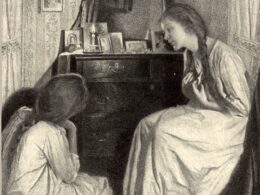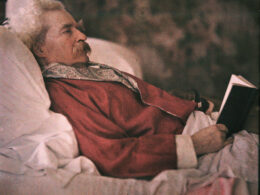Amy Lowell (1874–1925)
From Amy Lowell: Selected Poems

“Amy Lowell’s poetry has been underestimated for most of the past 75 years,” former Chancellor of the Academy of American Poets Edward Hirsch lamented a dozen years ago. “Lowell’s name usually comes up in histories of modernism through a series of anecdotes; one hears of the obese, cigar-smoking Boston Brahmin; the literary impresario condescended to by Pound, who dubbed her assimilation of imagist poetry ‘Amygism’; and the omnipresent reader and lecturer, a sort of popular barker for the new modern poetry.”
During the last decade, Lowell’s star has begun to shine once again, with renewed attention paid by scholars and readers and with the publication of two new collections of her poetry and several biographical treatments. In her own time, she was arguably the most famous poet in America—a tireless promoter of her own verse and a one-woman traveling show, which itself almost certainly (and unjustly) dimmed her standing among subsequent critics.
In celebration of the weather we’re having (at least out here on the East Coast), we present “Spring Day,” the poem that Lowell read at her first public event outside of Boston and that first appeared in print one hundred years ago, in 1916. The introduction explains why the listeners at that event—the annual meeting of the Poetry Society of America—were not as amenable as most of Lowell’s future audiences.



